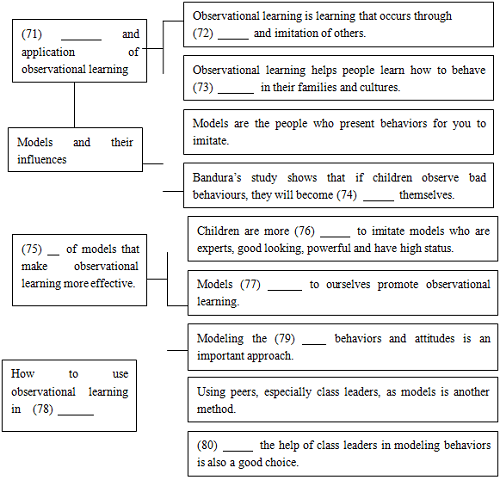Understanding Interest on Student Loans: How to Manage Your Debt Wisely**
Guide or Summary:Fixed Interest RatesVariable Interest RatesCapitalization of InterestMake Payments While in SchoolRefinance Your LoansConsider Income-Drive……
Guide or Summary:
- Fixed Interest Rates
- Variable Interest Rates
- Capitalization of Interest
- Make Payments While in School
- Refinance Your Loans
- Consider Income-Driven Repayment Plans
**Interest on Student Loans**
When it comes to financing your education, student loans are often an essential part of the equation. However, understanding the intricacies of interest on student loans can be daunting. This article aims to break down the various types of interest rates, how they affect your total repayment amount, and strategies to manage your student loan debt effectively.
**Types of Interest Rates**
There are primarily two types of interest rates associated with student loans: fixed and variable.
Fixed Interest Rates
Fixed interest rates remain constant throughout the life of the loan. This means that your monthly payments will remain the same, making it easier to budget. Most federal student loans come with a fixed interest rate, which can provide peace of mind for borrowers.

Variable Interest Rates
On the other hand, variable interest rates can fluctuate over time, often tied to a benchmark interest rate. This means your monthly payments can increase or decrease, making it a bit riskier for borrowers who prefer stability in their financial planning.
**Understanding How Interest Accumulates**
Interest on student loans is typically calculated on a daily basis, which means that the longer you take to repay your loan, the more interest you will accrue.
Capitalization of Interest
One critical concept to understand is the capitalization of interest. This occurs when unpaid interest is added to the principal balance of your loan, which can significantly increase the total amount you owe. For instance, if you defer your loan payments while in school, the interest may capitalize, leading to a larger balance once you graduate.

**Strategies to Manage Student Loan Interest**
Managing interest on student loans effectively can save you a significant amount of money in the long run. Here are some strategies to consider:
Make Payments While in School
If possible, consider making interest payments while you're still in school. This can prevent interest from capitalizing and help you save money over the life of the loan.
Refinance Your Loans
Once you graduate and have a steady income, refinancing your student loans can be a great option. This involves taking out a new loan to pay off your existing loans, often at a lower interest rate. However, be cautious, as refinancing federal loans into private loans can result in the loss of certain protections and benefits.

Consider Income-Driven Repayment Plans
For federal student loans, income-driven repayment plans can be beneficial. These plans adjust your monthly payment based on your income and family size, potentially making your payments more manageable.
**Conclusion**
Understanding interest on student loans is crucial for any student or recent graduate. By familiarizing yourself with the types of interest rates, how they accumulate, and effective management strategies, you can take control of your student loan debt. Remember, the earlier you start addressing your loans, the more options you will have to minimize your financial burden. With careful planning and informed decisions, you can navigate the complexities of student loans and pave the way toward a financially stable future.